Oversharing photos of your children online can develop a false sense of confidence experts warn
PARENTS making money off their children’s photos via social media sponsorship could be putting their kids at risk of long-term mental health issues, experts warn. But these parents, known as ‘sharenters’ say their children’s confidence has improved.
NSW
Don't miss out on the headlines from NSW. Followed categories will be added to My News.
PARENTS who overshare photos of their children could be putting them at risk of long-term mental health issues, experts have warned.
Internet safety experts are concerned about the growing number of so-called “sharenters” making money off their children’s photos via social media sponsorship.
Cyber Safety Solutions director Susan McLean said, at a recent school talk, a Year 2 student said “she couldn’t delete her Instagram because she was a brand ambassador”.
She said the trend could attract predators or create self-esteem issues for young people.
“It gives young children a false sense of self-worth and popularity,” Ms McLean said.
“It’s worse than a beauty pageant as it’s out there for the whole world to see.”
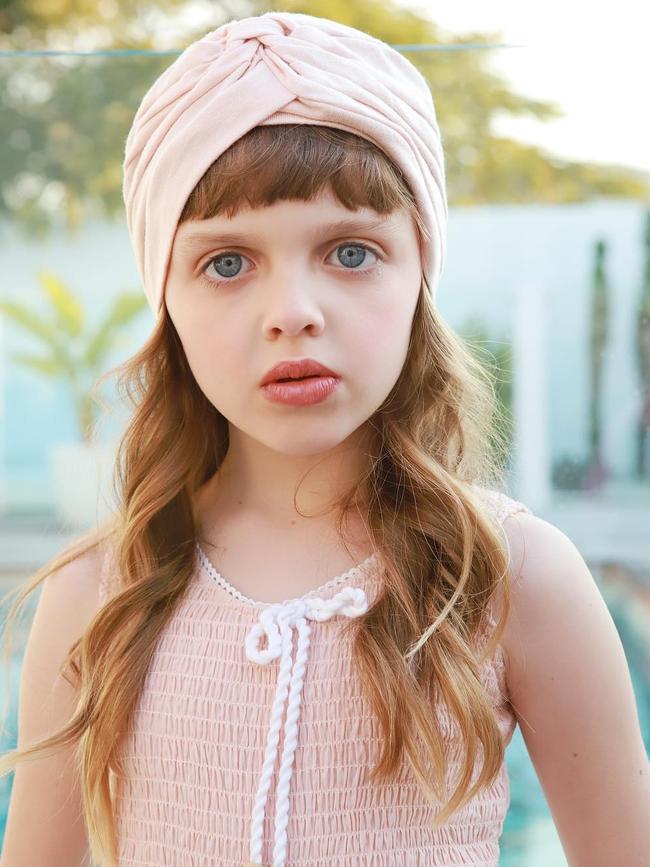
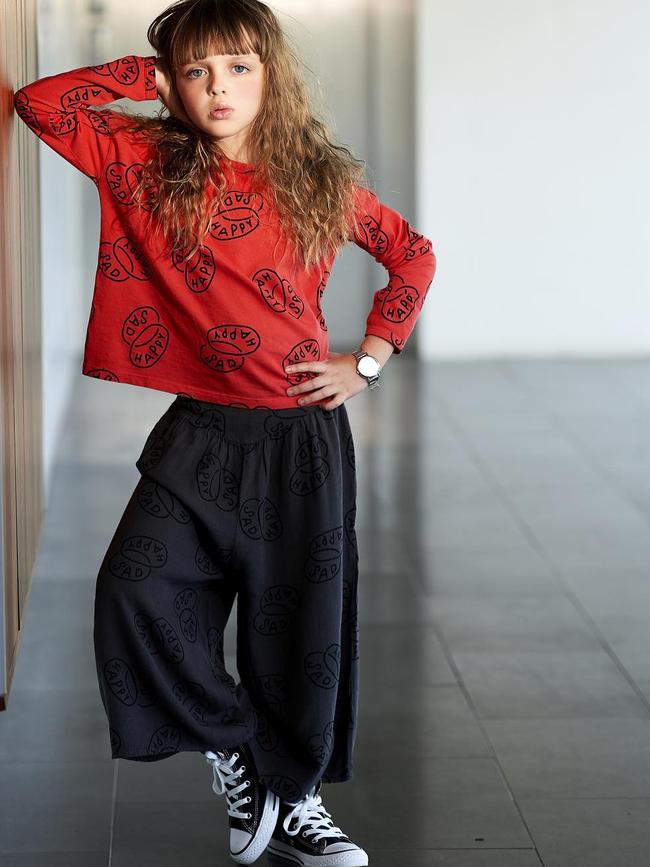
Esafety Commissioner Julie Inman Grant said parents ideally should not share their children’s photos on public accounts.
“Sharing images of your children online — often referred to as ‘sharenting’ — without their knowledge or consent may lead to problems for your child down the track, ranging from embarrassment to developing a poor understanding of consent and respect themselves,” Ms Inman Grant said.
“Parents should be aware of extremely concerning practices where perfectly innocent images of children, wearing swimwear for instance, can be harvested ... and placed in insidious online communities.”
MORE NEWS
TECHNOLOGY IS DAMAGING YOUR CHILD’S BRAIN
TWEENS ADDICTED TO SOCIAL MEDIA
INSTAGRAM GUILT-TRIPS PARENTS TO OPEN KIDS’ ACCOUNTS
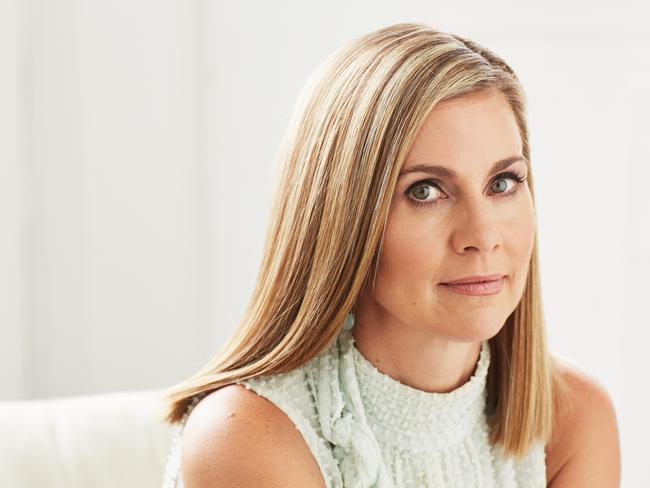
ReachOut chief executive Ashley De Silva agreed there could be mental health risks as children grew older: “Images posted now could be very challenging for teenagers and young adults to deal with in the future.”
But Bec Graham, who runs a public social media account for her six-year-old daughter Harlow with more than 34,000 followers, said it had helped them bond.
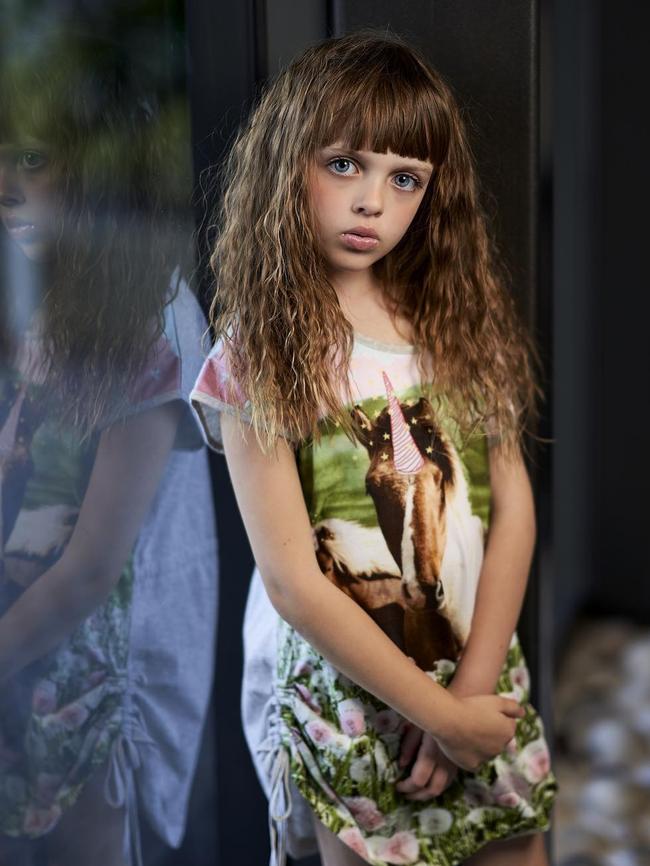

Ms Graham, who has posted more than 3500 photos since Harlow was 18 months old, said she received thousands of dollars worth of clothes as part of “collaborations”, spends several hours a day screening out any suspicious accounts, and also keeps locations secret.
“Harlow demonstrates a high level of self-respect and, if anything, her confidence ... has elevated,” Ms Graham said.
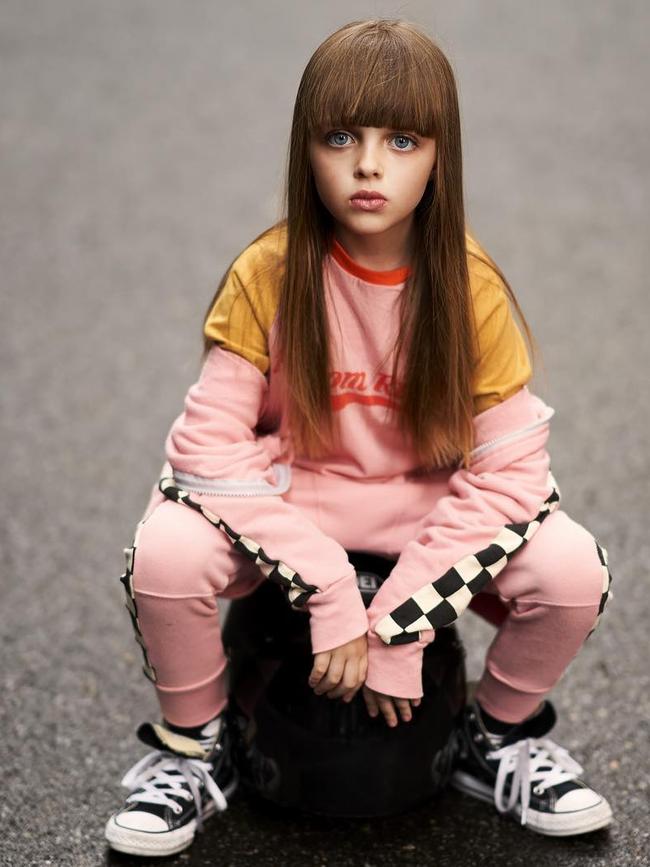
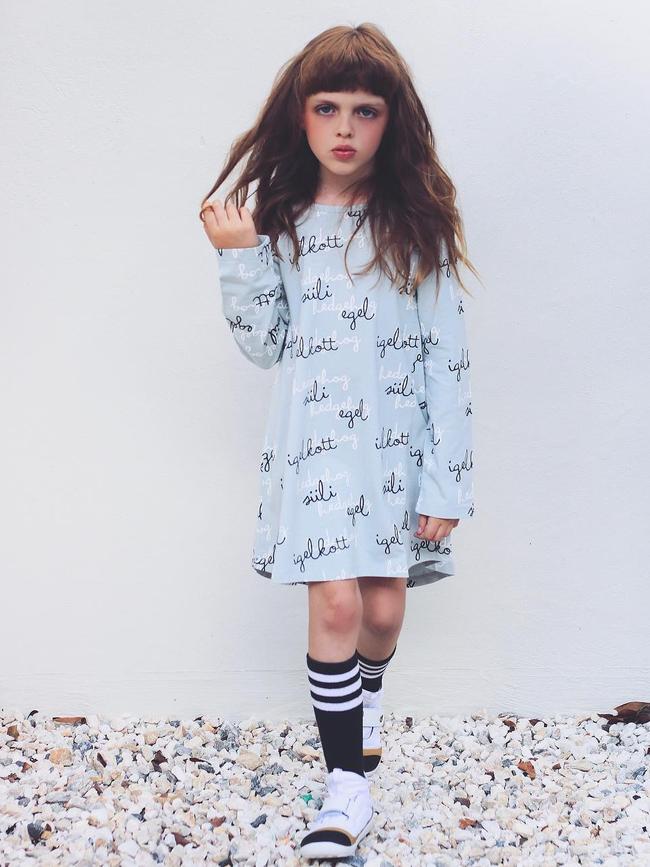
“Her school mates are supportive and if one day she chooses to not want to continue with Instagram, well, that will be the end of an awesome Insta ride.
“I think while the two-dimensional world can indeed be a dangerous platform, we as parents must educate ourselves on cyber-safety ... remain vigilant and utilise common sense as it’s our duty of care to do so.”
